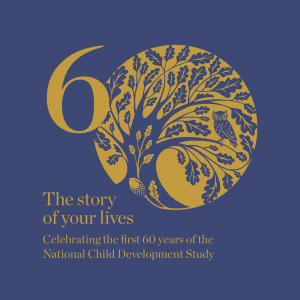

The 1958 National Child Development Study (NCDS) is following the lives of an initial 17,415 people born in England, Scotland and Wales in a single week of 1958. It started in 1958 at birth, as the Perinatal Mortality Survey.
What’s in the study?
Over the course of cohort members’ lives, we have collected information on their physical and educational development, economic circumstances, employment, family life, health behaviour, wellbeing, social participation and attitudes.
The study has become an invaluable data source on such topics as the effects of socioeconomic circumstances, and child adversities on health, and social mobility. It has also become an important resource for the study of genetics.
What has the study found?
This study has made influential discoveries about every stage of life. Research has uncovered the wide-reaching negative effects of mothers’ smoking during pregnancy. It has shown how mental health problems develop across childhood and into adult life. It has revealed how economic inequalities are transmitted across generations, and the origins in childhood of health inequalities in middle age. Government, doctors, teachers, charities and others have used findings to develop services and policies that help improve people’s lives.
Today the 1958 cohort is one of the best resources in Britain for understanding the lifelong factors affecting retirement and ageing.
Who funds the study?
NCDS receives core funding from the Economic and Social Research Council. The next NCDS sweep, at age 62, is co-funded by the Medical Research Council, the US National Institutes of Health and the Department for Work and Pensions.




 Our studies
Our studies









